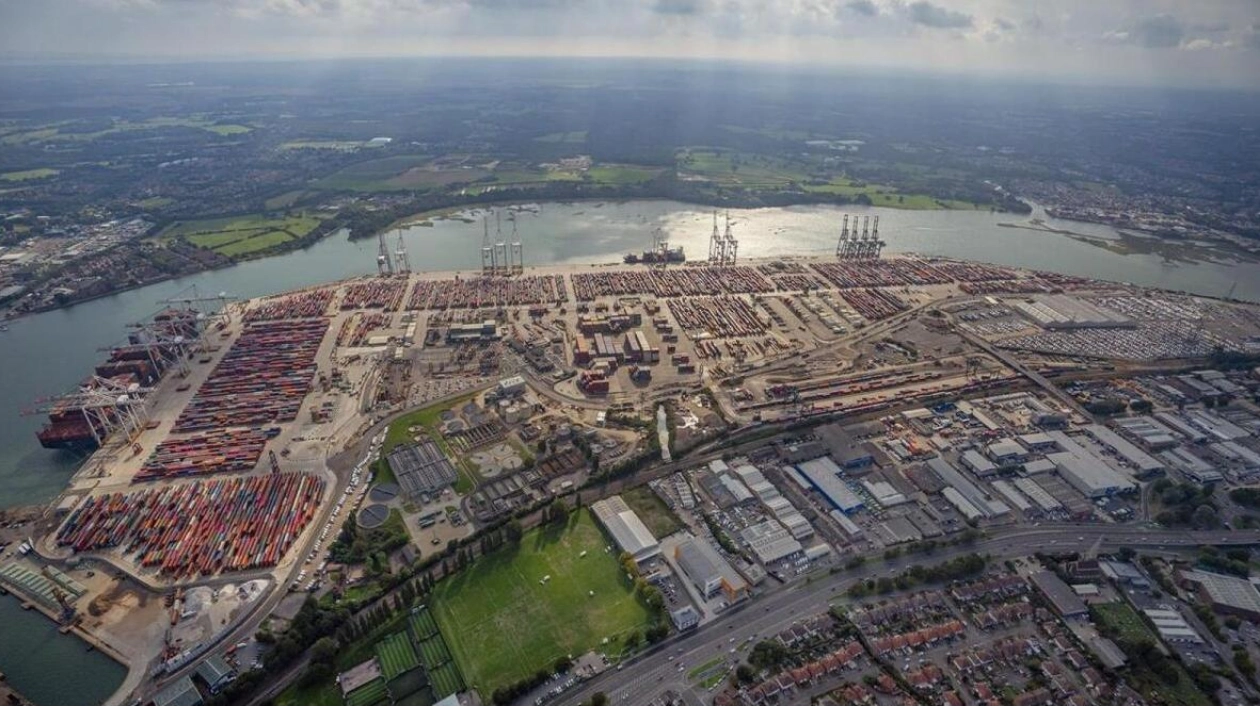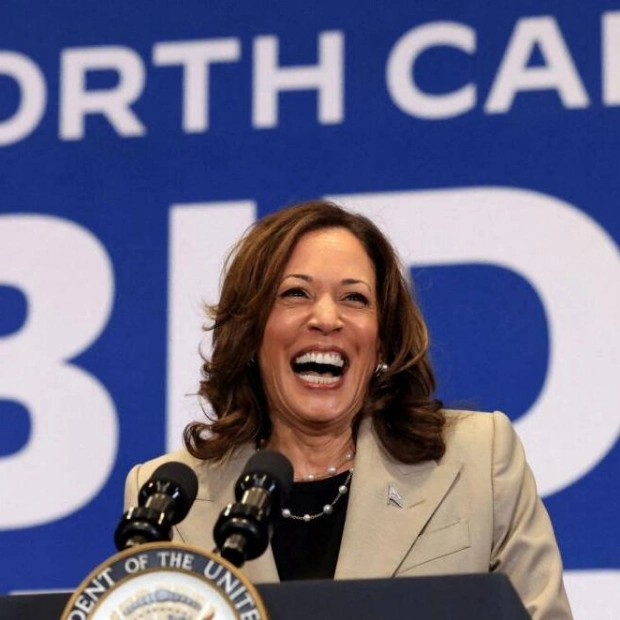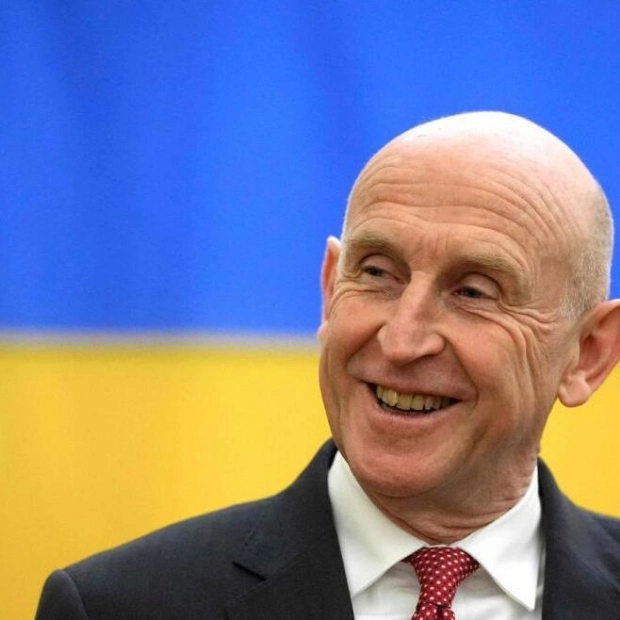The UAE's economy, the second largest in the Arab world, is thriving due to a robust non-oil sector, according to the Organisation of the Petroleum Countries (OPEC). In its Monthly Oil Market Report for August 2024, OPEC highlighted the UAE's strong economic policies and strategic international partnerships, positioning it well for continued growth and economic diversification.
OPEC's positive outlook for the UAE aligns with bullish forecasts from the Arab Monetary Fund (AMF), the World Bank, the International Monetary Fund, and the Central Bank of the UAE. The AMF predicts a 6.2% economic growth for the UAE in 2025, following a 3.9% increase in the current year. These forecasts emphasize that growth will be driven by improvements in tourism, real estate, and international trade, increased capital spending, and advancements in high-tech industries.
OPEC's report also noted a slight increase in the UAE's housing, water, electricity, gas, and other fuels sector, which accounts for over 40% of the Consumer Price Index (CPI). This sector saw a year-on-year increase to 6.7% in June, up from 6.6% in May. Food and beverage inflation remained stable, with a minor increase to 2.4% YoY in June.
The UAE Central Bank has recently signed currency swap agreements with Ethiopia, the Seychelles, and Indonesia to facilitate cross-border transactions and enhance payment system cooperation. Economists also note that the UAE's Comprehensive Economic Partnership Agreements (Cepa) with partner countries, aimed at eliminating tariffs and boosting trade, have solidified its position as a leading global trade hub.
The AMF's Arab Economic Outlook report reiterates that the UAE's growth in 2024 will be driven by improvements in tourism, real estate, and international trade, increased capital spending, and advancements in high-tech industries. The International Monetary Fund forecasts a 4.2% growth, while the Central Bank of the UAE expects continued vibrant foreign trade performance, supporting projected GDP growth of 3.9% in 2024 and 6.2% in 2025.
The UAE aims to double its GDP to over $800 billion by the end of the decade, focusing on developing its position as a global hub for business and finance. The country is actively pursuing bilateral trade deals and partnerships to achieve its economic goals. According to Statista, the UAE's GDP is projected to increase by $157.4 billion between 2024 and 2029, reaching a new peak of $685.15 billion in 2029.
The Central Bank of the UAE has revised its inflation forecast for the year to 2.3%, down from 2.5%. It also noted strong non-hydrocarbon GDP growth of 5.4% in 2024 and 5.3% in 2025, with the hydrocarbon sector expected to grow by 0.3% in 2024 and 8.4% in 2025. The World Bank has raised its forecast for the UAE's economic growth to 4.1% in 2025, with a current account surplus estimated to rise to 8.4% in 2024 and 8.3% in 2025, and a fiscal balance surplus of 5.1%.






